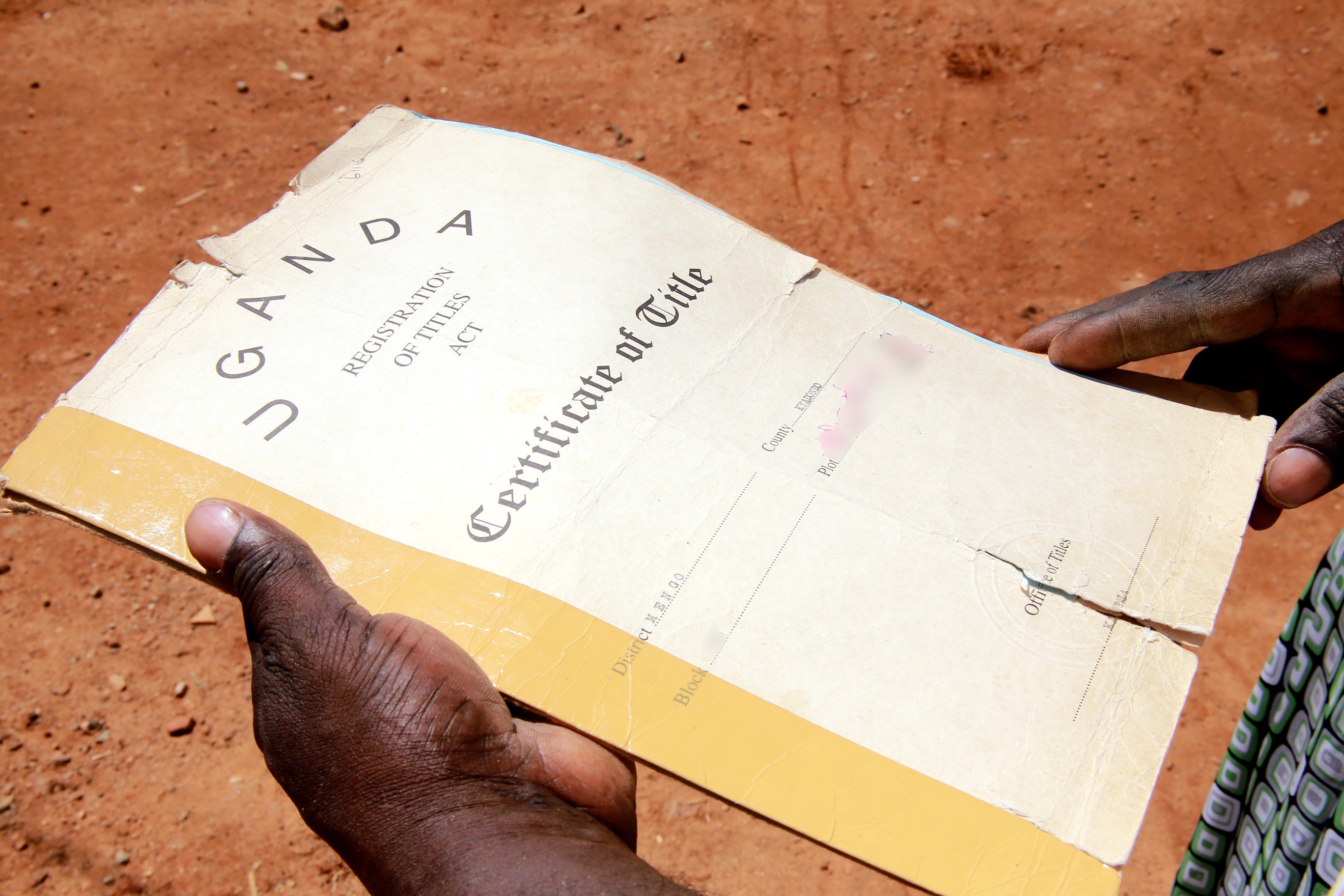What CPC in Kampala was all about
The Commonwealth Parliamentary Conference (CPC) was held under the theme: Adaptation, engagement and evolution of parliaments in a rapidly changing Commonwealth.” It brought together speakers or presiding officers, Members of Parliament, staff and key decision makers from national and provincial or state legislatures of the Commonwealth countries. In all, about 750 foreign delegates attended the conference.
In preparation for the conference, the 64th of its kind, the Parliament of Uganda and the Commonwealth Parliamentary Association (CPA) Uganda Branch, established several subcommittees, one of which was that of media and publicity.
This sub-committee was charged with, and indeed carried out several activities through the media to publicise the event, prepare (sensitise) the public by informing Ugandans about the upcoming conference. Information packaged included where the CPC would be held and what its benefits would be to government, the country and Ugandans in general.
Additionally, Ugandans were educated about the Commonwealth and what it stands for, and the benefits gained by Uganda’s belonging to the Commonwealth.
The information dissemination campaigns started early this year and run throughout the duration of the conference. All forms of media space were utilised. These included print and electronic media, social media, Internet and interpersonal communication.
It is, therefore, rather absurd that with all the hours and space in the media, Mr Hussein Lumumba Amin, can still ask: What was the Commonwealth conference all about?’ in the Daily Monitor of October 6.
Under the given theme, 18 workshops were held at the CPC. These addressed wide-ranging issues, including women, youth, persons with disabilities and the small branch parliaments, among others.
The Commonwealth Small Branches are legislatures in countries with populations of less than one million people. These have unique challenges, which they discuss in their separate workshop. (both in the branches and countries).
One main challenge these countries face is that of climate change and its adverse effects, (which prevented Bahamas from making it to Kampala). Effects of climate change are felt in all countries, but more so with the small branches (countries), as most of them are island countries lying in the way of devastating storms happening almost annually.
The devastation in these countries means that their people end up as refugees in Commonwealth member states and other countries, facing new challenges there. The issue of refugees is not a new one in Uganda.
The numbers we have may not be from the island countries or due to climate change, but this is one issue that should be of considerable concern to the author of the letter and all Ugandans. The conference helped decision makers share experiences and find possible solutions.
Another big challenge handled was the rapid urbanisation and rural decline, which must be addressed by decision makers on the realisation that by 2050, 2.5 billion people will be added to half of the world population already in the cities and towns.
It was recommended that parliaments focus on building sustainable livelihoods in urban and rural communities that are unique to their needs and circumstances as urbanisation challenges were found to be unique in different countries calling for the adoption of home-based solutions.
Several other key observations and recommendations were made in Munyonyo and were all intended to improve the livelihoods of Ugandans. The Speaker of Parliament, MPs and staff held several media engagements before and during the conference.
Mohammed Katamba,
Parliament of Uganda




